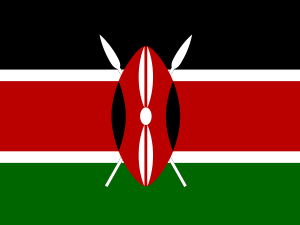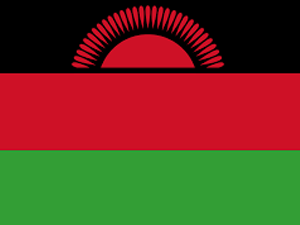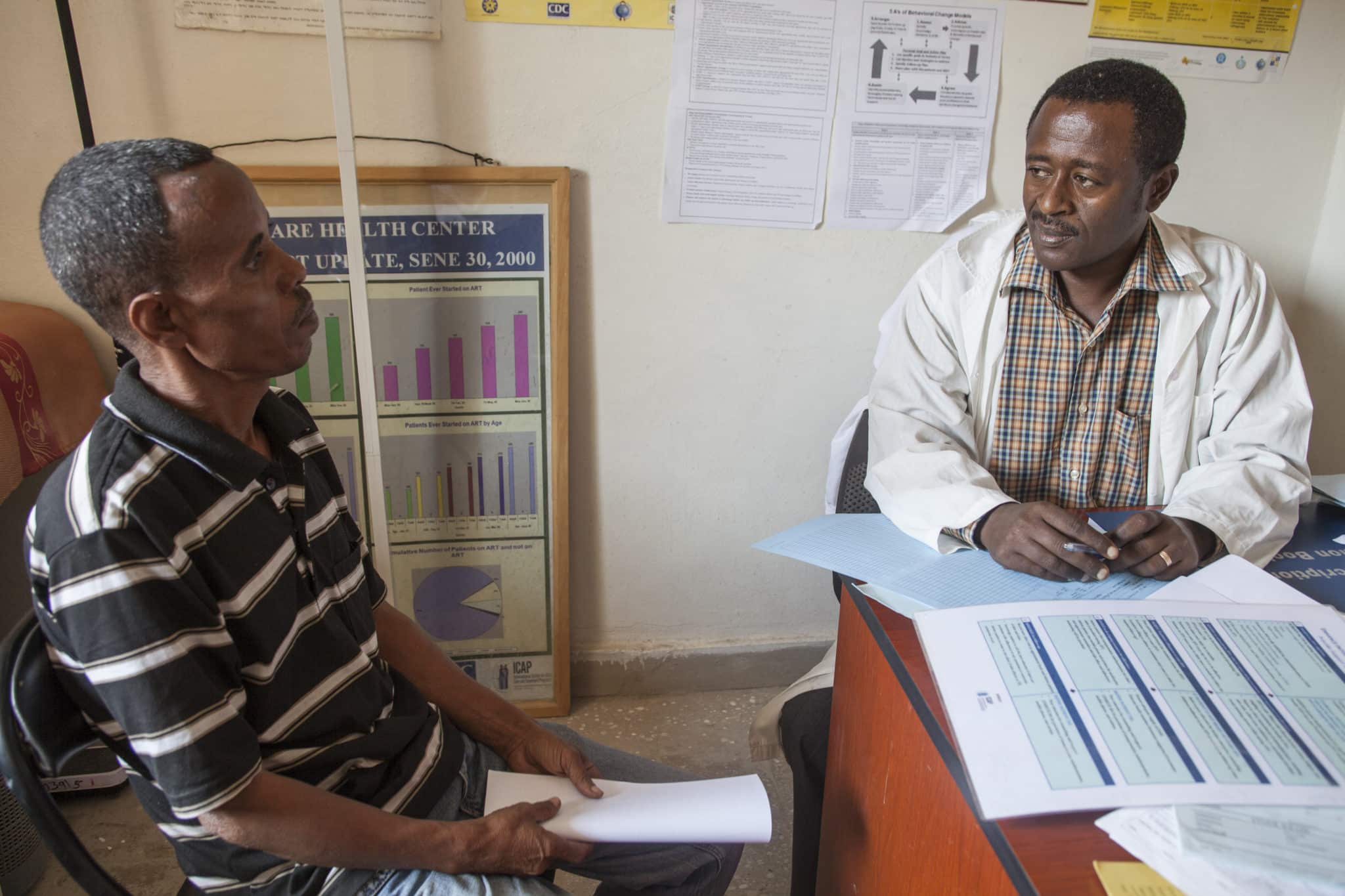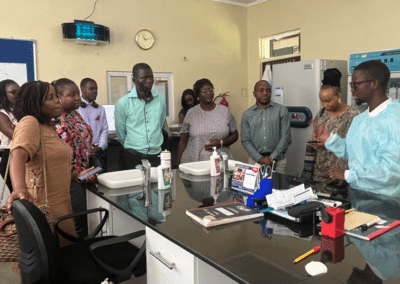New York – As Ethiopia moves to a “test and start” approach to HIV treatment, the number of people eligible for antiretroviral therapy (ART) has greatly increased. In response, Ethiopia’s Federal Ministry of Health (FMOH) and its partners are exploring innovative approaches to increasing ART coverage, which UNAIDS estimates was 59 percent in 2016.
One initiative has been a pilot of appointment spacing, a facility-based differentiated care model in which stable patients are offered the option of shifting from quarterly to twice-yearly appointments. Rather than returning to the health facility every three months for clinical assessments and refills, patients can return every six months, creating efficiencies both for patients and for the health system.
Responding to the increased demand in HIV services, ICAP in Ethiopia is conducting an appointment spacing pilot project. Under the leadership of FMOH, the CDC-funded pilot, which began in October 2016, is underway at six high-volume hospitals: Zewditu Memerial Hospital in Addis Ababa, Nekemte Hospital in Oromia, Dessie Hospital in Amhara, Hawasa University Referral Hospital in SNNP, Mekele Referral Hospital in Tigray, and Hiwot Fana Hospital in Dire Dawa.
“The challenges of further scaling up ART to those in need and improving retention in care requires us to continuously adapt the services we provide to the reality of people’s lives,” said Tamrat Assefa, ICAP’s director of regional programs in Ethiopia. “It’s a constant balance, which is why piloting interventions is so important. Learning from innovative models of ART delivery can help shape the next stages of HIV care and treatment scale-up in Ethiopia and elsewhere.”
Although the pilot is still underway, FMOH considered the early results to be so promising that appointment spacing is now being scaled up to hundreds of health care facilities nationwide. ICAP will continue to assess key lessons learned, and to contribute to ongoing strategic planning regarding the expansion and diversification of differentiated service delivery models in Ethiopia.



























